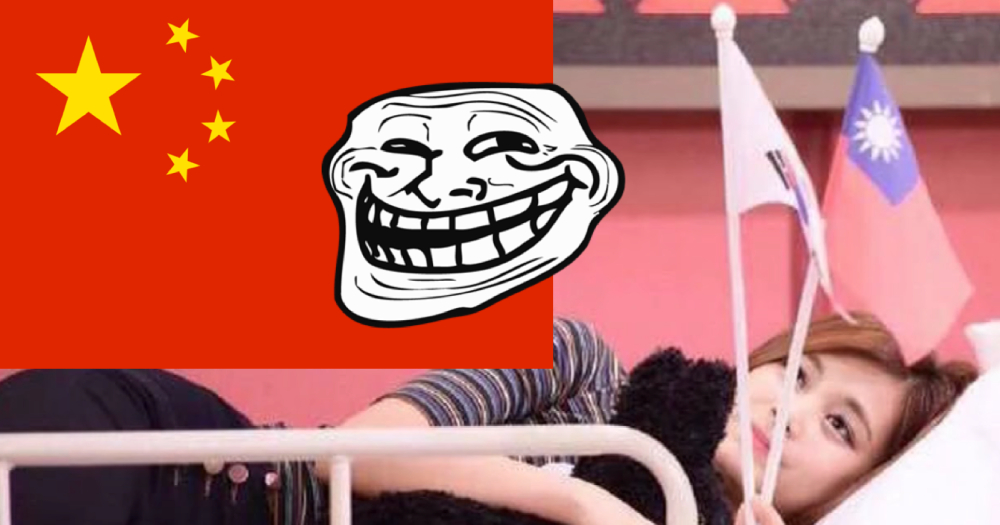If you spend enough time on the internet reading articles and monitoring comments, there's a high chance that you will come across comments that are plain abusive, outright offensive or simply don't make much sense.
These comments are more often than not the handiwork of internet trolls.
Not only are they disruptive to the online discussion, they can also be unnecessarily hostile in an otherwise cordial environment.
And while these trolls are not exactly appreciated in most parts of the world, they are extremely welcomed in China by the authorities.
In fact, they are deemed indispensable to the Chinese government, who ironically relies on them to "spread positive energy" and do the good work of conveying to the rest of the world how wonderful China really is.
50-cent gang
For years, China's nationalist trolls were known as "50 cents", or wumao, for the RMB0.50 they were said to earn for each patriotic post.
Essentially government workers on the payroll, they were pumping out a massive number of fabricated social media posts per year — as many as an estimated 488 million, according to Foreign Policy .
Such posts are part of an effort to divert the public's attention from any policy-related issues that threaten to anger citizens enough to turn them out onto the streets.
Little Pink - an emerging army of nationalist trolls
According to the Financial Times (FT), a new group of volunteer warrior has emerged recently, nicknamed the "bring-your-own-rations wumao" for their willingness to work without pay.
Some like to call themselves Little Pink, or xiaofenhong, a name derived from the colour of a popular online forum used by nationalists.
While many 50-centers are largely male, the Little Pinks are predominantly young women aged between 18 to 24.
They are regularly seen online trying to guard China against even the slightest hint of criticism.
From Taiwan's pro-independence president to a teenaged Taiwanese singer in Korean pop band Twice, their targets are varied.
Attacks are often meticulously organised, with the trolls sharing tips on how to scale the infamous Great Wall to access Facebook, Twitter and other blocked foreign sites.
[related_story]
Propaganda drive gone global
President Xi Jinping has urged delegates at the party's 19th congress in Oct. 2017 to "tell the China story well and build China's soft power".
Beijing has also set up initiatives over the past 2 years to encourage the "good netizen" who spreads positive messages about China, such as the Communist Party youth league's "Volunteer Campaign to Civilise the Internet".
The youth league urges these web warriors to steer online discourse in a patriotic direction:
"If you don't repost this, you're not really Chinese," is their war cry.
 Screenshot via NGOCN
Screenshot via NGOCN
The aggression of such nationalist trolls may mask other issues.
According to FT, a recent study by Berlin-based think tank Merics found that nationalists were more likely to be dissatisfied with their personal economic situation than other online groups.
China's nationalist trolls at work
When then 16-year-old Taiwanese singer Chou Tzu-yu who's in the 9-member K-pop band Twice waved the island's flag during an appearance on South Korean TV in 2015, she was accused of being a "separatist" by a pro-China Taiwanese celebrity Huang An.
The subsequent backlash she received from web warriors led to China's Anhui Television Station cancelling a scheduled performance by Twice on its widely watched Chinese New Year's Eve program.
JYP Entertainment, the company Chou has signed with, then cancelled her appearances in China as they feared the loss of more contracts.
Chou was then forced to give a scripted apology that reaffirms her identity as a Chinese and that "there is only one China".
The apology was seen by many Taiwanese people as deeply humiliating, and affected voters in their decision, helping Tsai Ing-wen win another percentage point or two in the presidential election.
Top image adapted via Youtube
If you like what you read, follow us on Facebook, Instagram, Twitter and Telegram to get the latest updates.
